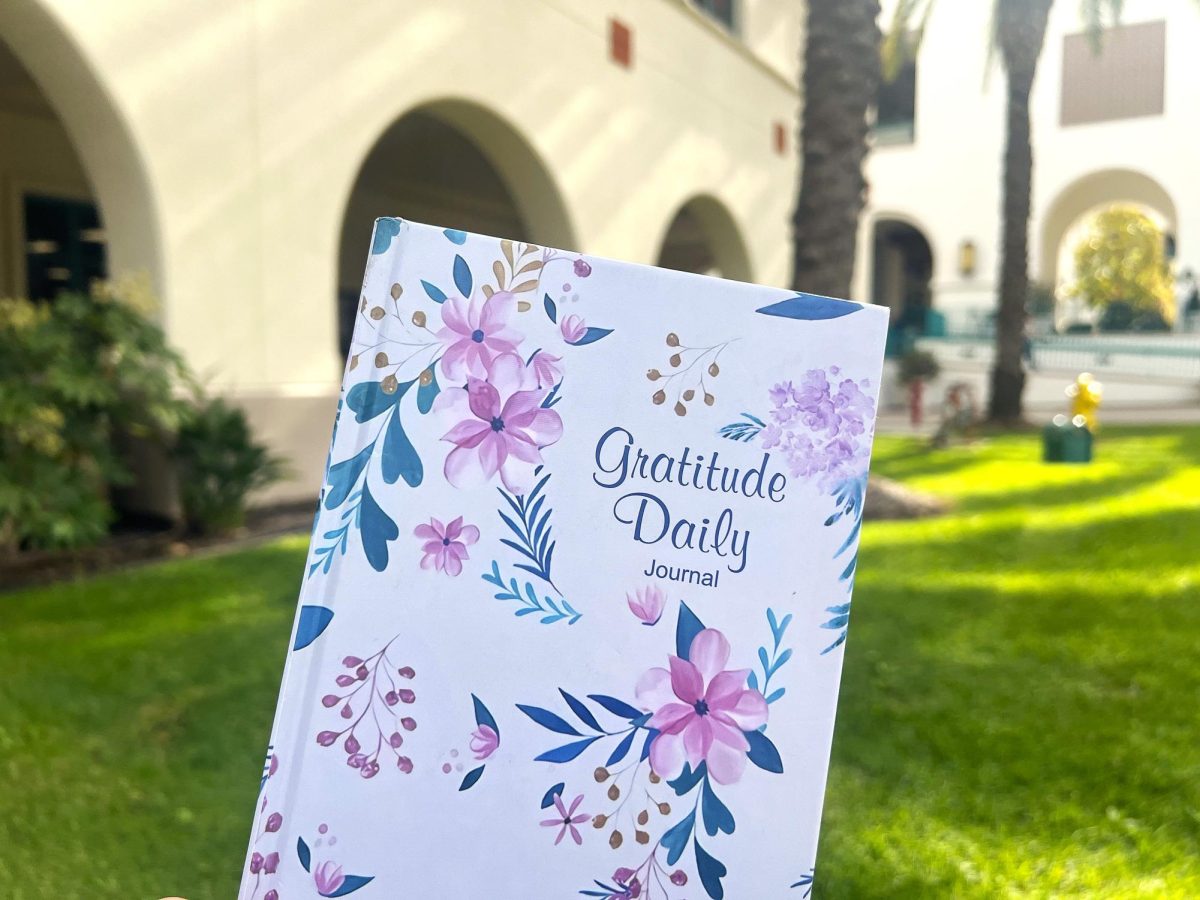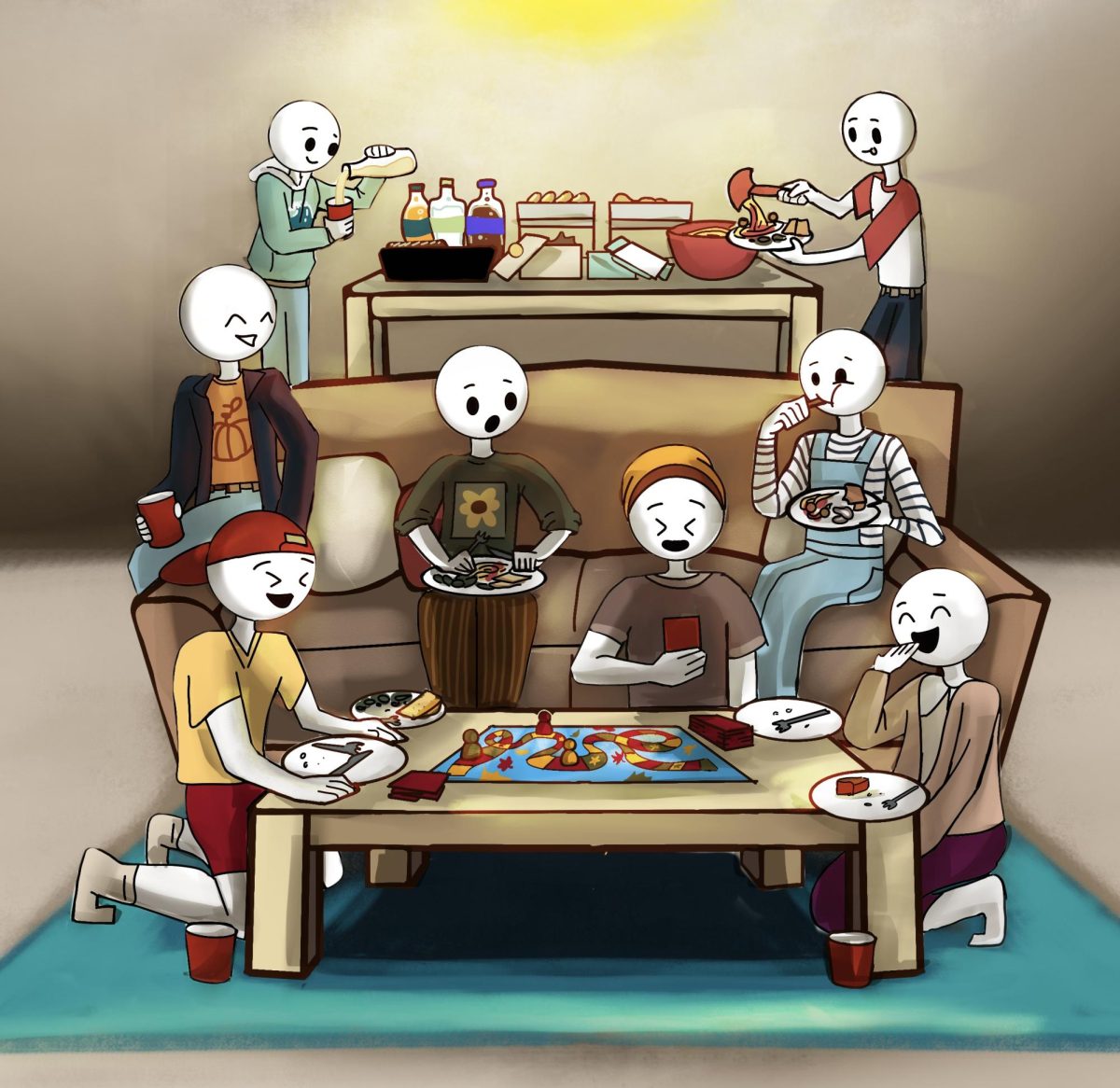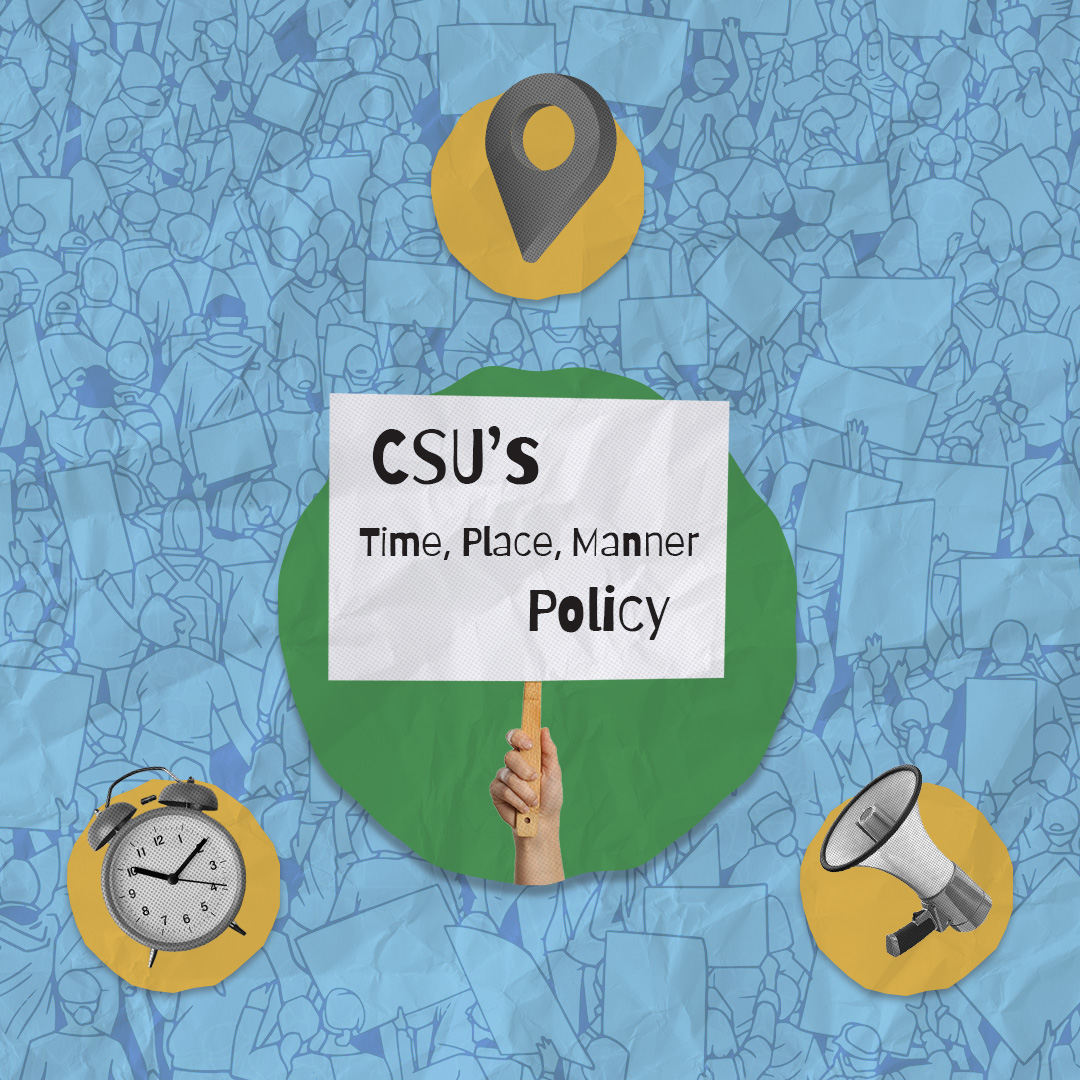Pakistani activist Malala Yousafzai has been making global headlines recently for her courageous work in standing up for girls’ rights to education. Her life story at 16 years old is far more complex than one may imagine by glancing at her young face. Yousafzai was targeted by the Taliban when she was only 14 years old because of her relentless desire to empower herself with an education. A Taliban gunman shot her in the head and neck on a school bus one morning. Yousafzai survived the brutal attack and has fully recovered, and has since become more determined than before to raise awareness of her cause. Her passion for the necessity of education brings to question the lack of gratitude and appreciation we have for our own country’s education system. In the U.S. it’s every person’s right to have access to an education so he or she may acquire knowledge to excel in any field. Education should absolutely be a right granted to every individual; however, this is not the case in every country. Because of this, we especially need to realize the sanctity of what we have.
The logistics of Pakistan’s society are radically different from our own. Their government has not implemented extensive social programs such as education and health care. San Diego State graduate student Sanam Kalhoro came to the U.S. from Pakistan to obtain a master’s degree in women’s studies. She, too, has been exposed to the challenges women in her culture experience regarding access to education.
“Pakistan is a very stratified society in terms of class as well as ethnicity. The way that the country is structured it’s broken up into different provinces and each province has a different ethnic background of varying social economic statuses,” Kalhoro said.
She explained that this is one of the biggest determining factors in whether or not a child in Pakistan will receive an education.
Because of the lack of funding for social services there are very few public schools for children to attend, and existing schools are severely underdeveloped. This led to the privatization of most educational outlets in Pakistan and because they are privatized the schools are very expensive. Most citizens have inadequate funds to send their children to school, assuming there’s even a school nearby. Many children in Pakistan aren’t aware they’re missing out on something, and they may not even know what a school is or what takes place there, so they have no idea how an education can help them, Kalhoro said.
Households led by educated individuals are more inclined to send their children to school because they have seen the opportunities that knowledge can lead to. This was the case for Yousafzai. Her father is an educated man who witnessed the injustices cast upon his sisters during their youth. His commitment to help his daughter receive an education, no matter how severe the consequences, demonstrates how education is a priority to some families in Pakistan.
The Taliban has set up schools in Pakistan that are training camps for child suicide bombers. As their number of supporters shrinks, they have begun manipulating vulnerable demographics, including the poor and uneducated. People struggling to support their families have accepted settlements of money for their children. Others who lack education have been convinced the Taliban will get their child into paradise if handed over to one of these camps.
“At the end of the day these children are not being given an education that will progress them in society, a lot of mothers of these children are highly against this they just don’t know what to do about it,” Kalhoro said.
Education is a powerful mechanism and, in some cases, a dangerous weapon. This is not only an issue in Pakistan. We see the same issues with our own education system, just on a smaller scale. The U.S. has long struggled with equality, with the most harm being done in impoverished areas commonly made up of minorities. While we may have an established public school system requiring all American citizens to acquire a basic education, there is no doubt that the quality of education each student receives varies significantly.
Our school system is responsible for the education of our society as a whole and as of right now it’s not cutting it. Until every individual in the U.S. has access to an education that acts as a platform for future triumphs, we will continue to see power struggles relating to socioeconomic status. Yousafzai should be a reminder to all of us that education is a privilege and we are lucky to have such a developed educational system. She is 16 years old, has faced death and is still championing the need for education within her culture. We are so much closer to that reality in America, but that amount of dedication is rare among American students.
Obviously, Yousafzai is dealing with much greater devastation within her own society, but that doesn’t mean we can’t apply her ideals to make our country greater.









